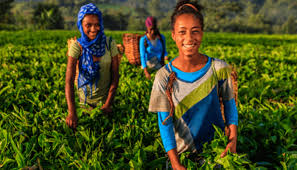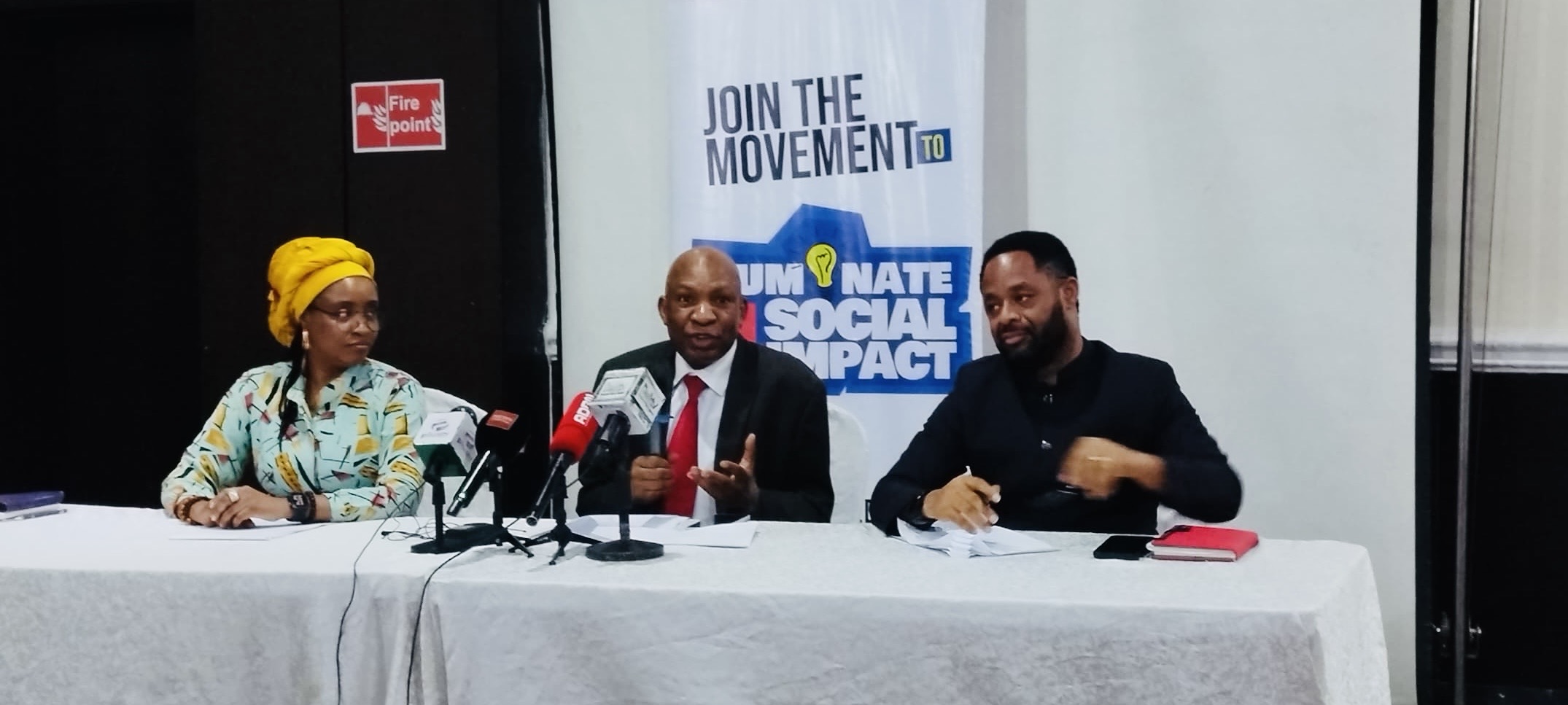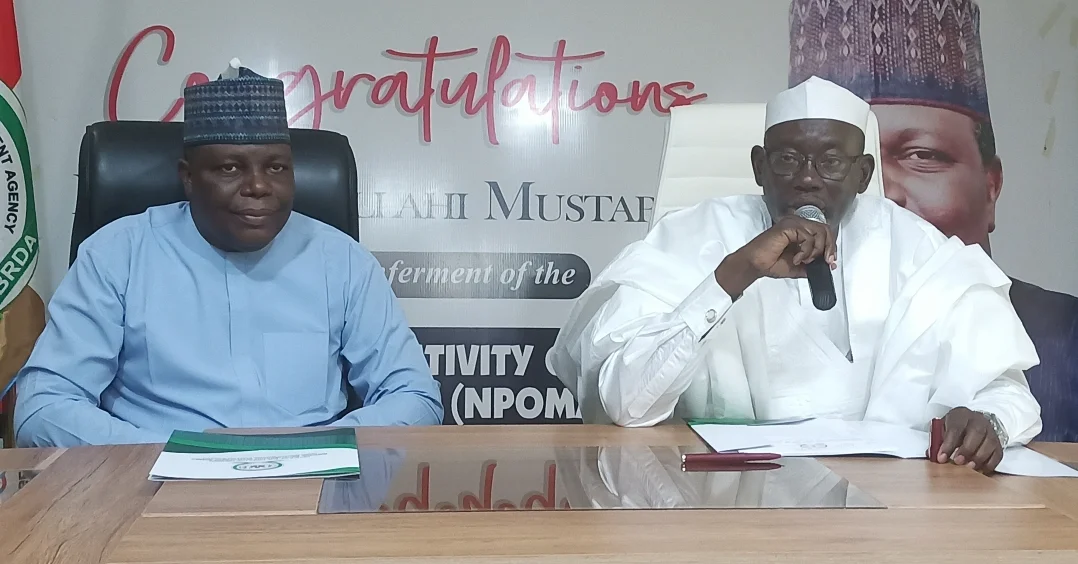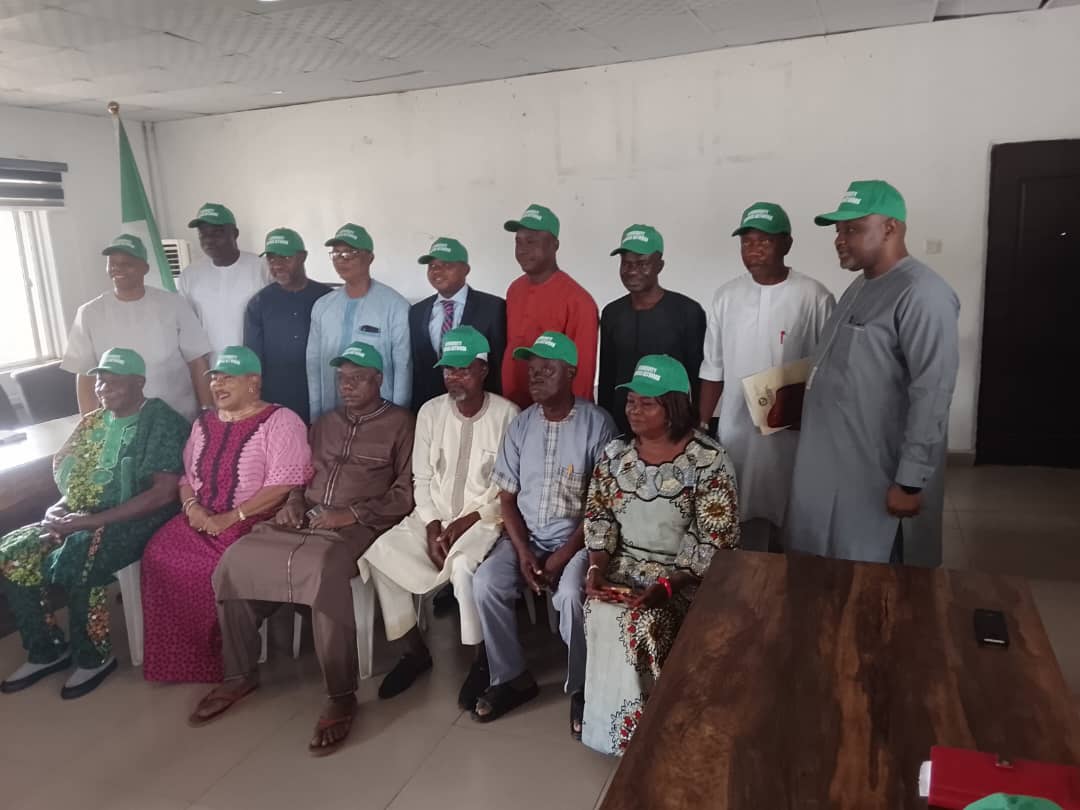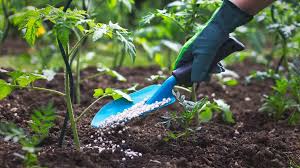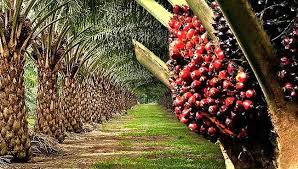NGO empowers over 400 schoolgirls with agricultural and life skills across Lagos
By Fabian Ekeruche
A female-led non-government organisation (NGO), Great Brave Women (GBW), has trained over 420 girls in agricultural and environmental practices across eight Lagos schools.
Alhaja Omotayo Atoba, Lagos State Coordinator of GBW, disclosed that the gesture was part of a growing initiative to empower the next generation of female leaders in agriculture.
Atoba, who doubles as the state coordinator for Nigerian Women in Agriculture, praised the women behind the programme.
“What you see here today is the result of collective passion and sacrifice. I firmly believe that when you train a woman, you train a nation.
“We need support—from the state government, local government chairmen, and the private sector—to expand this impactful work,” Atoba said.
Speaking at the event, Mrs Yetunde Olaniyan, a dedicated farmer, said that the NGO was committed to reshaping the narrative around farming while nurturing the potential of the female child.
Olaniyan, an accountant with expertise in eight branches of agriculture, said “we started the training sessions in June this year.
“Our goal is to engage the girls meaningfully, imparting practical skills in areas like poultry, aquaculture, crop farming, and even handcrafts.
“An idle hand, as we all know, is the devil’s workshop. We’re teaching them how to make good use of their leisure and discover viable livelihood paths,” Olaniyan said.
She said that the programme reached students in six public and two private schools, combining practical demonstrations with environmental education.
She added that the girls participated in a quiz competition to assess their knowledge retention and understanding of core topics.
She noted that they learnt how to apply sustainable practices—such as using wastewater from aquaculture to irrigate crops and poultry waste as organic manure—reinforcing the concept of “waste to wealth.”
She explained that the initiative culminated in a recognition ceremony celebrating outstanding participants.
She added that as part of the empowerment phase, selected students received practical starter kits, including live catfish with feeds, hens with poultry feed, watering cans, and eco-friendly pesticides—tools to kickstart their agricultural journeys.
“This effort is fully powered by the individual contributions of our women farmers, without any external support.
“We call on the government and well-meaning individuals to partner with us to scale this initiative and reach even more girls.”
One of the students, Dorcas Olaniyan, shared her experience, saying, “Agriculture has taught me that nothing is wasted.
“Whether it’s farming or another skill, I urge fellow students to embrace learning and make the most of every opportunity.”
The News Agency of Nigeria (NAN) reports that GBW plans to continue the training when schools resume in September, setting a new standard for grassroots, gender-focused agricultural education in Nigeria.
Goodwill messages were sent by representatives of the Ministry of Agriculture and other senior government officials. (NAN)(www.nannews.ng)
Edited by Kevin Okunzuwa



